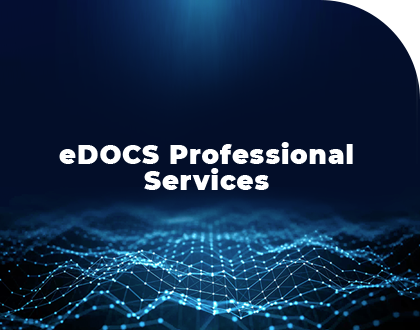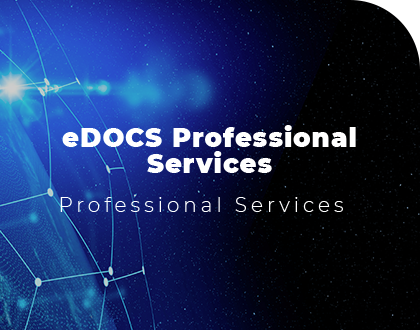Why erwin for Your Data Intelligence Platform?
Data is all erwin does. It’s all erwin has ever done, and erwin is pretty darn good at it. Comprised of erwin Data Catalog by Quest and erwin Data Literacy by Quest with built-in automation, erwin Data Intelligence gives organizations an accurate picture of their metadata landscapes. Such visibility reduces friction in data accessibility and utility, improves overall quality, underpins governance and accelerates digital transformation as more individuals become data literate and intelligent. With erwin Data Intelligence, you can automate the discovery and assessment of enterprise data assets. In fact, erwin is the only software provider with an automated, metadata-driven approach to meeting enterprise data requirements.
Who needs erwin Data Intelligence?
The right data points — or facts — lead to information, and information — or context — leads to intelligence. When you know what you need to know – or discover what you don’t know – you can move in the right direction. But the lack of visibility and control over “data at rest” in databases, data lakes and data warehouses and “data in motion” as it’s integrated with and used by key applications means organizations spend a lot more time searching for data instead of analyzing it for meaningful insights.
In fact, data professionals spend 85 percent of their time looking for, preparing and protecting data and only 15 percent on analysis, according to IDC. So if data pros are hampered in data analysis, what does that say about the rest of us?
From data analysts, data architects and data stewards to chief executives and business users, erwin Data Intelligence is used by many across the organization to understand, govern, deliver and leverage enterprise data to its fullest advantage. As companies increasingly recognize the role data can play in their evolution, the number of roles requiring more timely, accurate access to data intelligence increases. The convergence of exploding data production, scalable big data computation, and advanced analytics, machine learning and artificial intelligence have given rise to citizen analysts: business-oriented problem-solvers charged with understanding how to apply analytical techniques to massive data sets to identify emergent business opportunities.
Additionally, the prevalence of chief data officers (CDOs) continues to grow to better harmonize data management, governance and consumption efforts to overcome the opaqueness, complexity and siloed nature of enterprise data. Enterprises today must have visibility of their data (and metadata) landscape to harvest, curate and publish data assets available for analysis and reporting. Plus both IT and citizen analysts need access with an understanding of how different data assets can be used along with guidelines for adhering to data policies that best protect the organization.








